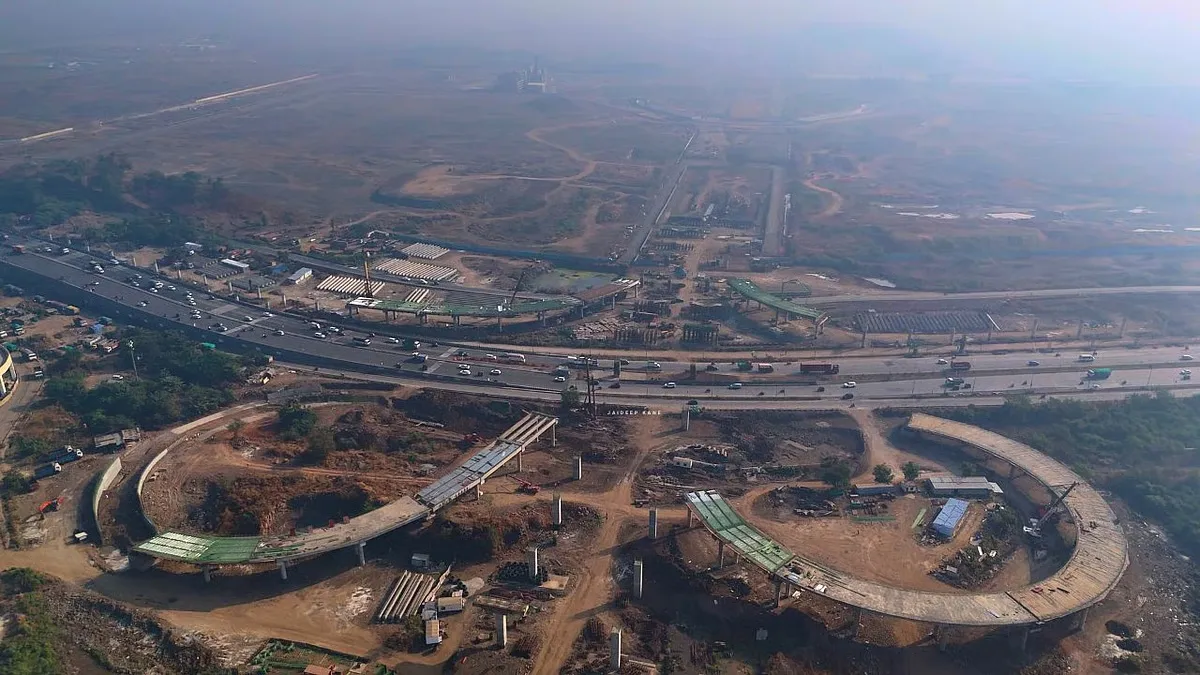The corridor includes a 5.8-kilometre coastal stretch and a 0.9-kilometre link road to the airport, providing a direct route between the harbour bridge and the upcoming airport. CIDCO’s Vice-Chairman and Managing Director stated that once completed, the link will ease traffic congestion on key roads such as Palm Beach Road, Amra Marg, and National Highway-348, while also enhancing connectivity to major economic hubs including Jawaharlal Nehru Port Trust (JNPT) and the Navi Mumbai Special Economic Zone (NMSEZ).
For commuters, the development is expected to significantly reduce travel time between South Mumbai and Navi Mumbai, easing daily stress for motorists and streamlining logistics for businesses that depend on port and airport connectivity.
The road features advanced engineering components such as prefabricated vertical drains, stone column reinforcement, and rock fill sourced from the airport site, ensuring long-term structural stability.
In line with modern urban design principles, the project also prioritises safety and sustainability. The corridor will include energy-efficient LED lighting, smart traffic management systems, and anti-crash barriers, contributing to a safer and more environmentally conscious transport network.
While completion has reached 60 per cent, residents, commuters, and businesses await the final commissioning eagerly. Once fully operational, the Ulwe Coastal Road is expected to bring substantial benefits in terms of mobility, economic efficiency, and regional growth, cementing its role as a key link in Mumbai’s evolving infrastructure landscape.


